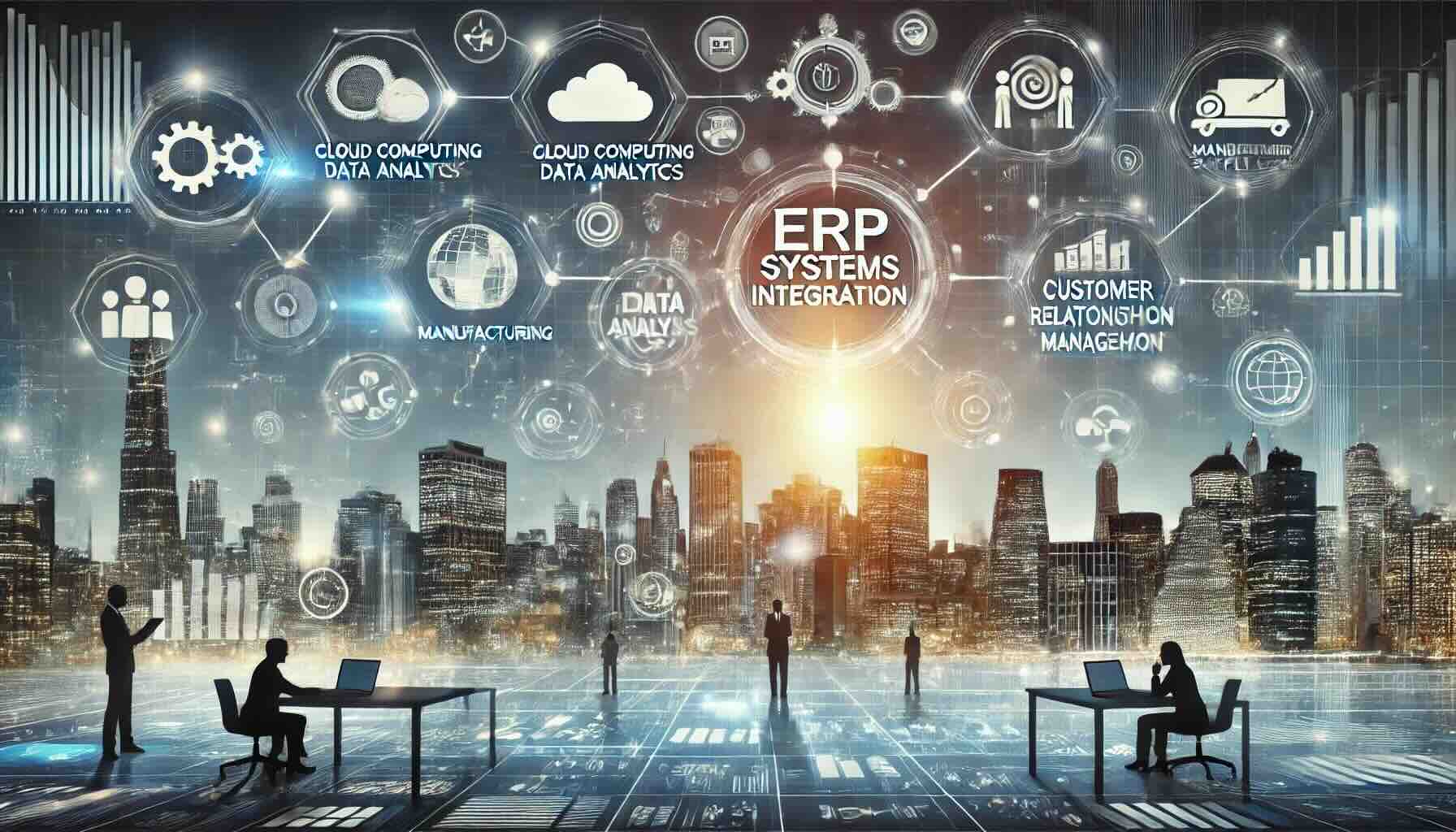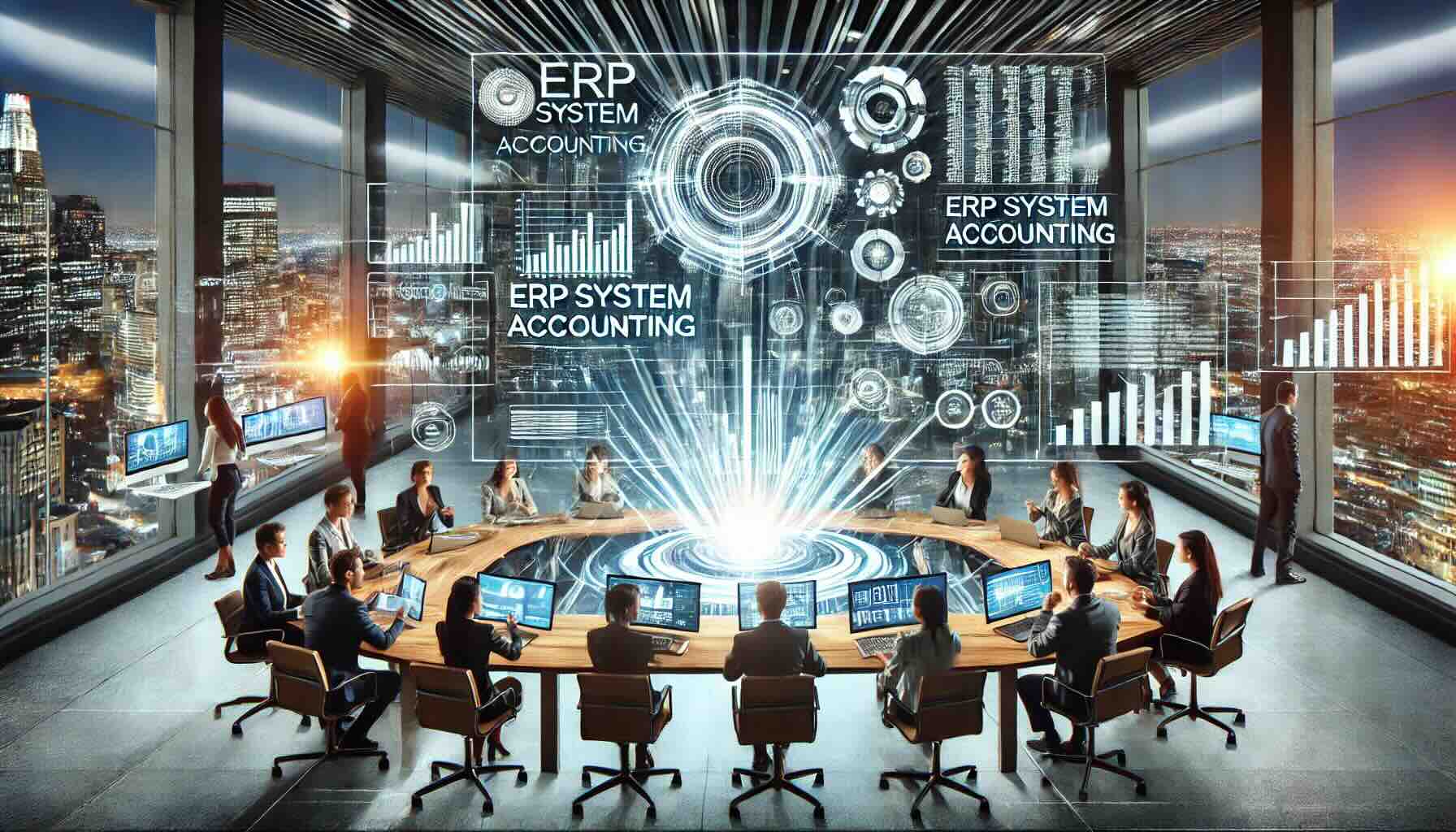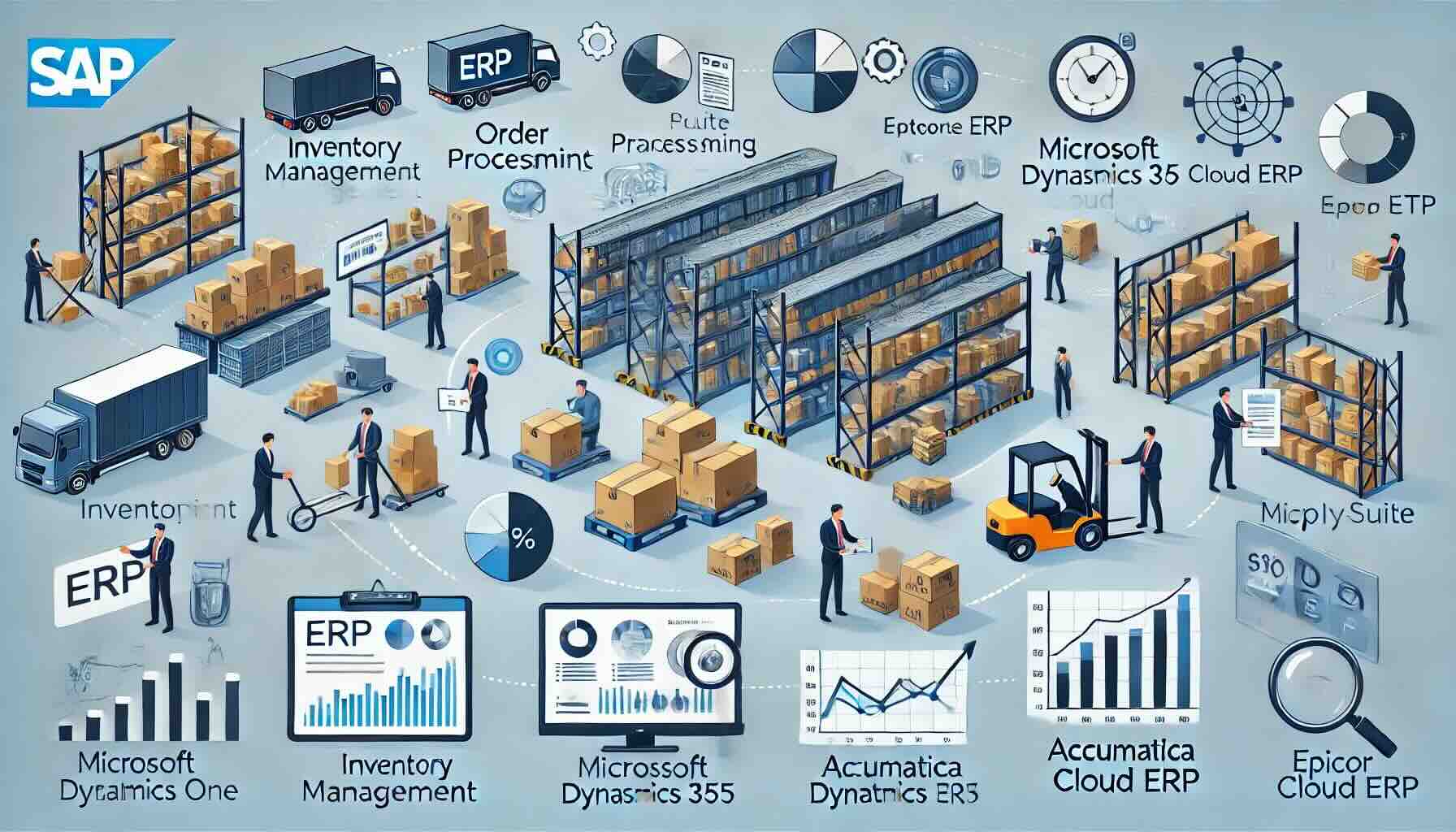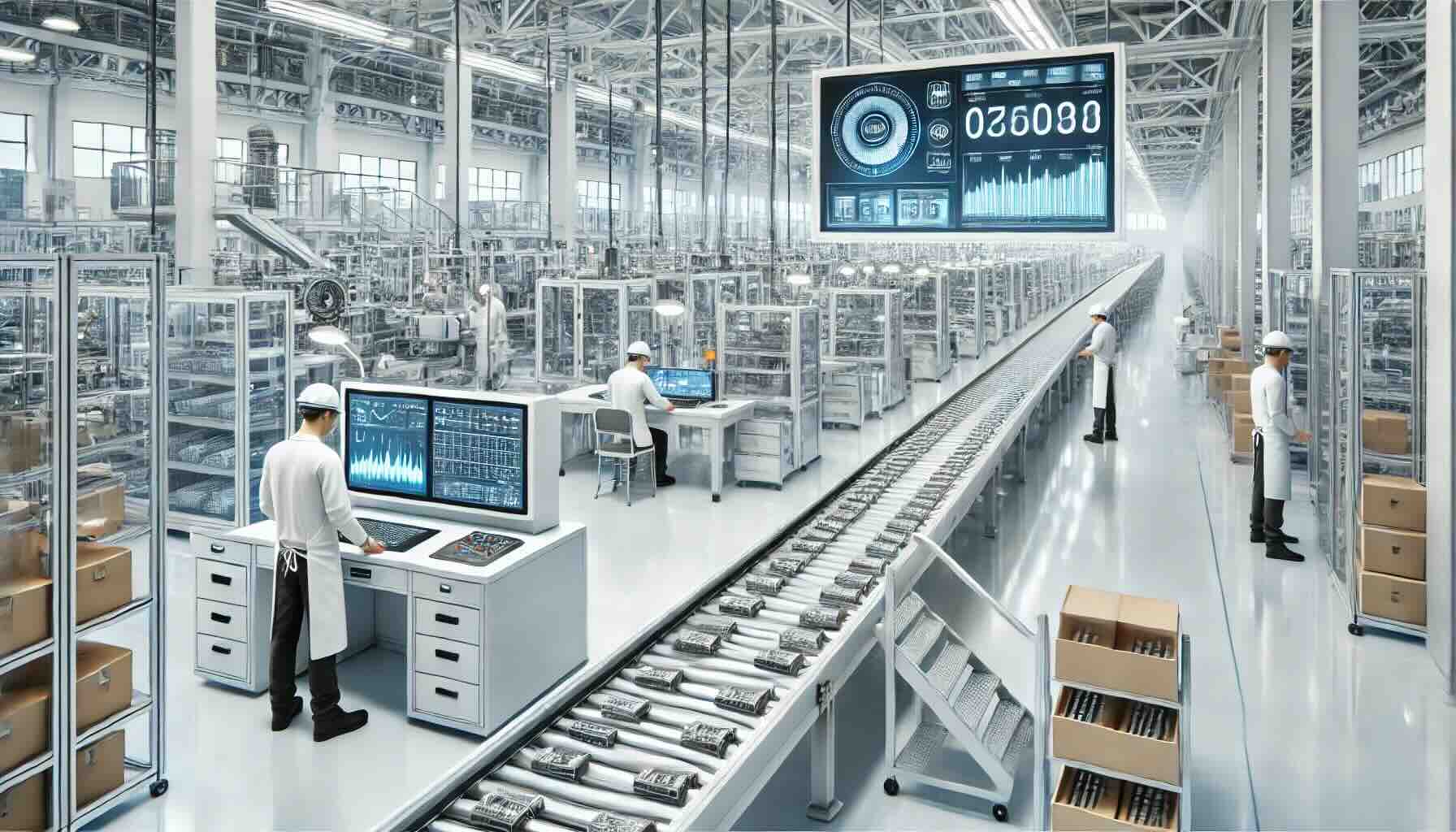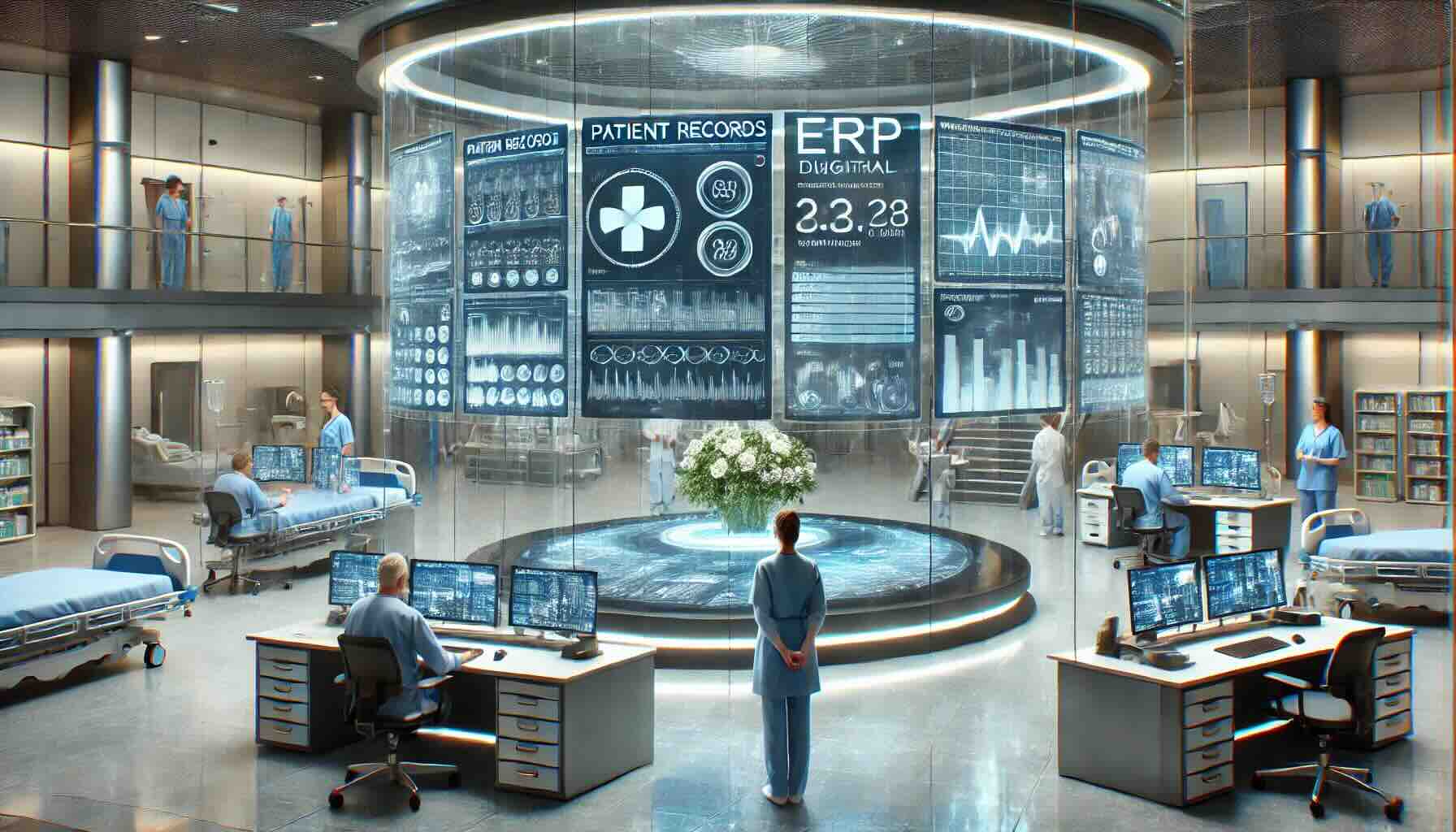Compare ERP Products: The Ultimate Guide to Choosing the Best ERP System for Your Business.
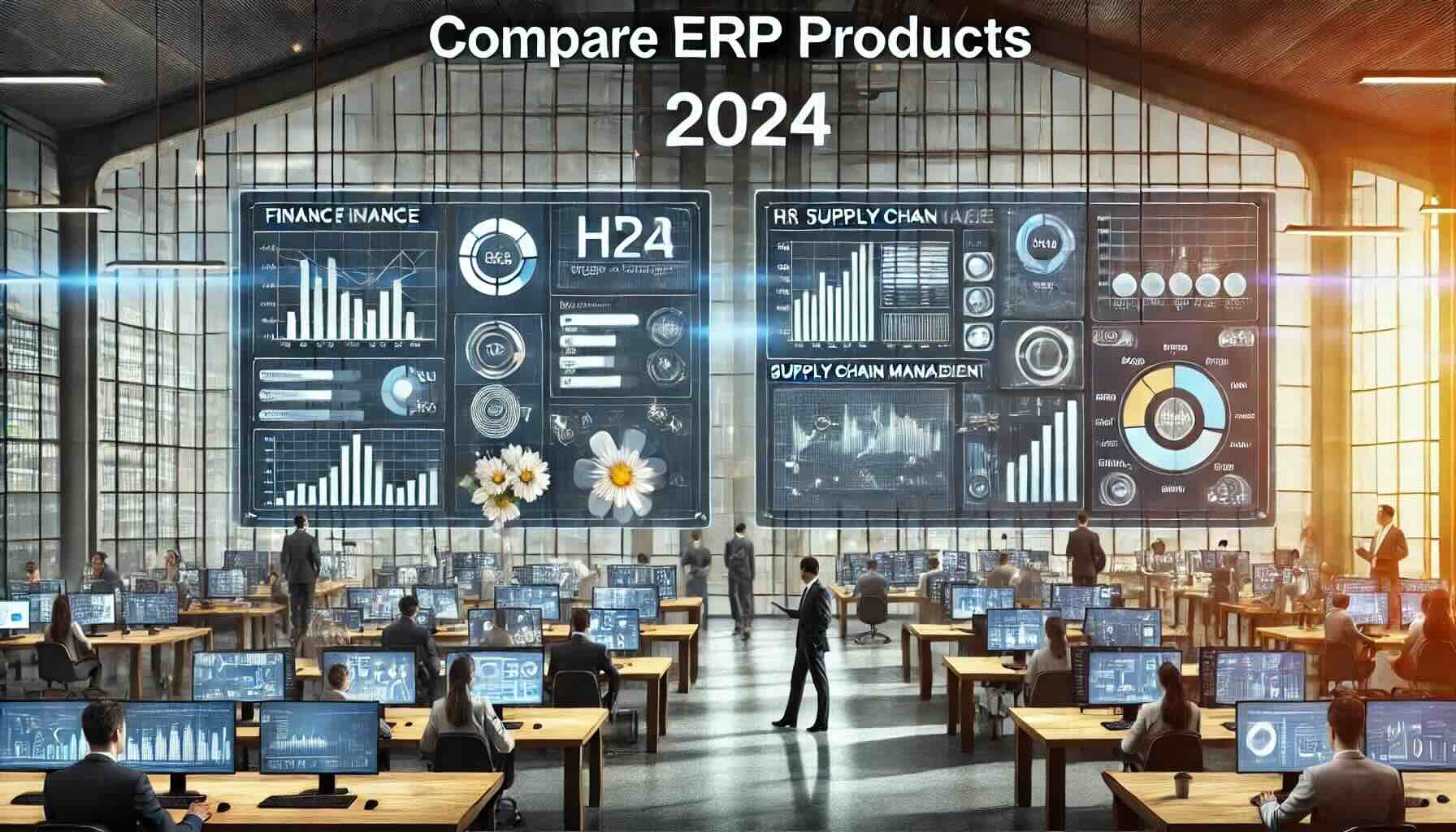
In today’s fast-paced business environment, choosing the right Enterprise Resource Planning (ERP) system can be the key to streamlined operations and enhanced productivity. Whether you’re a small business or a large corporation, it’s crucial to compare ERP products thoroughly to find the one that best meets your needs. In this blog, we’ll explore the top ERP solutions in 2024, highlighting their features, benefits, and pricing to help you make an informed decision.
Why Compare ERP Products?
ERP systems integrate various business processes, including finance, HR, supply chain, and customer relationship management, into a single unified system. By comparing ERP products, you can:
- Identify Key Features: Determine which ERP solutions offer the functionalities that align with your business needs.
- Evaluate Usability: Assess the user-friendliness and ease of integration with existing systems.
- Understand Pricing: Get insights into the cost structure, including licensing, implementation, and maintenance fees.
- Assess Vendor Support: Review the quality of customer support and training provided by the ERP vendors.
Top ERP Products in 2024
1. SAP S/4HANA
Overview: SAP S/4HANA is a leading ERP solution known for its robust capabilities and scalability. It leverages in-memory computing to process large volumes of data in real time.
Key Features:
- Real-time analytics and reporting
- Comprehensive financial management
- Advanced supply chain management
- Integrated HR and payroll functionalities
Pros:
- Scalability: Capable of handling the needs of small to large enterprises, making it a versatile solution for growth.
- Industry-Specific Solutions: Offers tailored solutions for various industries such as manufacturing, retail, and healthcare.
- Extensive Partner Network: A broad ecosystem of partners for support, customization, and implementation services.
- Real-Time Processing: In-memory computing allows for real-time data processing and analytics.
Cons:
- Cost: Higher initial and ongoing costs compared to other ERP solutions, which can be a barrier for small businesses.
- Complex Implementation: The implementation process can be time-consuming and requires experienced IT staff.
- Steep Learning Curve: Users may need extensive training to utilize the full capabilities of the system.
Pricing: Custom pricing based on business requirements
2. Oracle ERP Cloud
Overview: Oracle ERP Cloud is a cloud-based ERP solution that offers a wide range of applications to support various business functions.
Key Features:
- Real-time business intelligence
- Automated financial management
- Procurement and project management
- Comprehensive risk management
Pros:
- Flexibility: Highly flexible and customizable to meet specific business needs.
- Security: Strong security features including regular updates, robust encryption, and compliance with global standards.
- Innovations: Frequent updates and innovations ensure the system stays up-to-date with the latest technology trends.
- Scalability: Easily scalable to accommodate growing businesses and increasing data volumes.
Cons:
- Cost: Can be expensive for smaller businesses due to subscription fees and additional costs for advanced features.
- Training Requirements: Significant training required for users to fully leverage the system’s capabilities.
- Integration Challenges: Integration with existing systems can be complex and may require additional third-party tools.
Pricing: Subscription-based pricing model
3. Microsoft Dynamics 365
Overview: Microsoft Dynamics 365 combines ERP and CRM capabilities into a single platform, making it a versatile choice for businesses looking to streamline operations.
Key Features:
- Unified finance and operations management
- Integrated sales and customer service
- Advanced data analytics and AI
- Flexible deployment options (cloud, on-premises, hybrid)
Pros:
- Integration with Microsoft Products: Seamless integration with other Microsoft products like Office 365, enhancing productivity.
- User-Friendly Interface: Intuitive interface that reduces the learning curve and improves user adoption.
- Scalability: Suitable for small to large businesses with scalable modules and features.
- AI and Analytics: Built-in AI and analytics tools provide valuable insights and improve decision-making processes.
Cons:
- Third-Party Applications: May require third-party applications to fulfill specific business needs not covered by the core system.
- Customization Complexity: Customizing the platform to fit unique business processes can be complex and time-consuming.
- Cost: Licensing and implementation costs can add up, especially for smaller businesses.
Pricing: Modular pricing based on specific applications and user count
4. NetSuite ERP
Overview: NetSuite ERP, a product of Oracle, is a cloud-based solution designed for fast-growing businesses and global enterprises.
Key Features:
- Comprehensive financial management
- Supply chain and inventory management
- Order and billing management
- Global business management with multi-currency and multi-language support
Pros:
- Quick Implementation: Faster implementation compared to many other ERP systems, reducing downtime.
- Customization: Highly customizable to meet the specific needs of various industries.
- Scalability: Easily scales to accommodate business growth and international expansion.
- Global Capabilities: Strong support for multi-currency, multi-language, and multi-subsidiary operations, ideal for global businesses.
Cons:
- Cost for Additional Modules: Higher costs if additional modules or advanced features are required.
- Learning Curve: New users may face a learning curve, requiring training and adaptation time.
- Customization Complexity: Deep customization options can sometimes lead to complex configurations that require expert handling.
Pricing: Subscription-based with modular options
5. Infor CloudSuite
Overview: Infor CloudSuite is a cloud-based ERP solution tailored for specific industries, offering deep functionality and flexibility.
Key Features:
- Industry-specific functionalities
- Advanced analytics and AI capabilities
- Comprehensive supply chain management
- Strong mobile and user-friendly interface
Pros:
- Industry Focus: Provides tailored solutions for industries like manufacturing, healthcare, and retail, ensuring specific needs are met.
- Integration: Strong integration capabilities with other business systems and third-party applications.
- Scalability: Can be scaled to support both small businesses and large enterprises.
- User-Friendly: Intuitive and user-friendly interface with mobile accessibility.
Cons:
- Customization Time: Customization can be time-consuming and may require specialized skills.
- Regional Support Variability: Quality of support services can vary by region, affecting response times and service quality.
- Initial Cost: Initial setup and customization costs can be high, especially for small to mid-sized businesses.
Pricing: Custom pricing based on industry and business needs
Conclusion
When it comes to selecting the right ERP system, it’s essential to compare ERP products based on your unique business requirements. Each of the ERP solutions mentioned above offers distinct features and benefits, making them suitable for different types of businesses. By carefully evaluating these options, you can find the ERP system that will help you streamline operations, improve efficiency, and drive growth in 2024 and beyond.
To compare these ERP solutions and many more, you can use our new AI-powered Compare ERP tool. It’s free to use and you get a guaranteed discount on your first year’s licence fees with a referral from Compare ERP.
